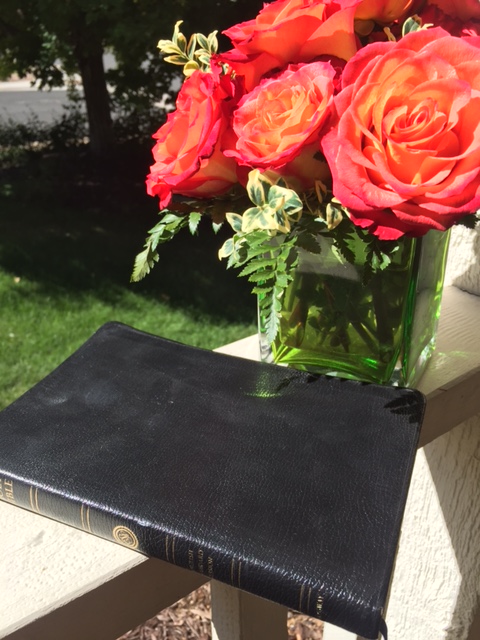The beautiful account of the Prodigal Son returning home always touches my heart. But Luke fifteen’s account of the wayward isn’t the only type of return God wants. I don’t know if “return” is a key word in Luke, but it appears 21 times in that gospel of the 35 times it’s found in the entire New Testament. Notice the ones who returned:
- His twelve apostles. Jesus “sent them to preach the kingdom of God and to heal the sick.” They “departed and went through the towns, preaching the gospel and healing everywhere.” Then “the apostles, when they had returned, told Him all that they had done” (9:2,6,10).
- The seventy. Jesus “sent them two by two before His face into every city and place where He Himself was about to go.” He sent them into the cities to heal the sick and preach about the kingdom of God. “Then the seventy returned with joy” (10:1,9,17).
- The grateful Samaritan. Jesus healed ten lepers. “And one of them, when he saw that he was healed, returned, and with a loud voice glorified God, and fell down on his face at His feet, giving Him thanks.” Jesus expressed disappointment in the other nine who didn’t return (17:11-19).
- The women who followed. They followed Him to the cross. They followed Him to the grave. “Then they returned and prepared spices and fragrant oils.” After the wonderful discovery of the empty grave, “they returned from the tomb and told all these things to the eleven and to all the rest” (23:27, 55, 56; 24:1-10).
- The two on the road to Emmaus. They were discussing the empty tomb. Jesus appeared to them, but they didn’t recognize Him. He preached to them and stayed with them. “And they said to one another, ‘Did not our heart burn within us while He talked with us on the road, and while He opened the Scriptures to us?’ So they rose up that very hour and returned to Jerusalem” and “they told about the things that had happened on the road, and how He was known to them…” (24:13-35).
- Jesus. After being filled with the Holy Spirit, He returned to face the tempter (4:1,2). After forty days of temptation, He “returned in the power of the Spirit to Galilee” (4:13,14). He always returned to the multitudes, even when exhausted, grieving, or facing death.
Everyday, we make the choice whether or not to return to Jesus. When completing one task for Him, will we, like the apostles and the seventy, return to seek another? Will we return to Him with thanksgiving for our salvation and our daily blessings? Will we return to tell others what He has done for us? Will we return to Him even when weary, when it’s inconvenient, when we’re caught up in our own sorrows? The original Greek word for “return” also means “be again” (Louw-Nida). It’s a brand new day…will I be His again?
Final words of the gospel of Luke: “And they worshipped Him, and returned to Jerusalem with great joy, and were continually in the temple praising and blessing God. Amen” (24:52,53).
Prayer for Today: If I am not returning to You, I am wandering away. Help me, Lord, return to You each and every day.




